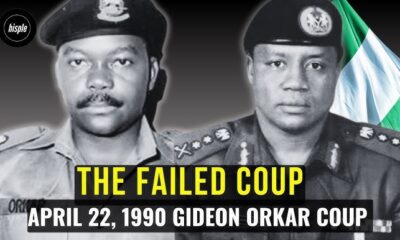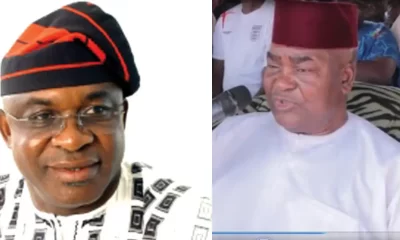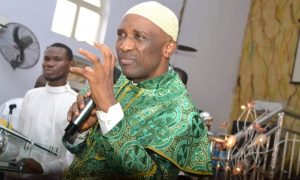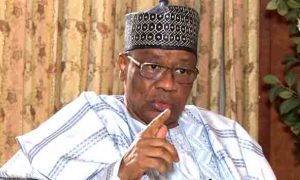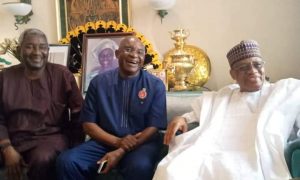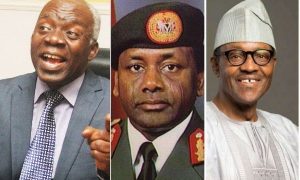Benue news
How Tiv riots weakened civilian rule, forced military to take over govts – Babangida
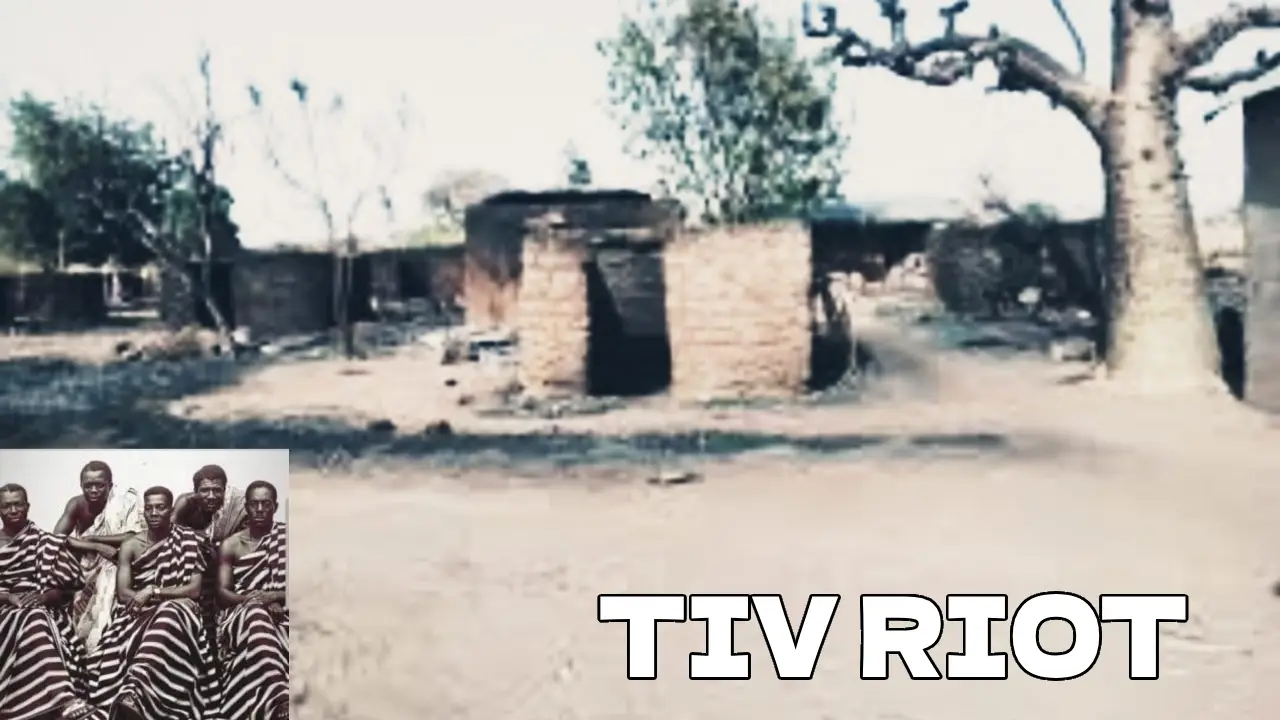
Former Nigerian military president, General Ibrahim Badamasi Babangida (IBB), has reflected on the political turmoil that led to military intervention in Nigeria, citing the Tiv riots as a pivotal moment in the country’s history.
In his autobiography, A Journey in Service, Babangida noted that the crisis, along with other political unrest, weakened the civilian government and forced the military into a more politicized role, IDOMA VOICE reports.
“The first of the many problems of those years was the unwise meddling of politicians in Army affairs. As the powers of the Balewa government were weakened by crises like the Tiv riots and Western Nigeria’s Operation Wetie, it relied on the military to quell what were essentially ‘political’ unrests.
“Almost as if hamstringing their powers, the politicians looked up to soldiers to restore some control ihn ways that may have unwittingly politicized and radicalized the young officers.
“One should also remember that these were highly skilled young officers who, by the nature of their orientation, were nationalistic by training and idealistic by inclination.
“For instance, no one remembers now that Major Chukwuma Kaduna Nzeogwu, who led the 1966 coup, was the first Nigerian officer to be trained in military intelligence and who served as the military intelligence officer during Chief Obafemi Awolowo’s treason trial.
“In that capacity, he would have had unrestricted access to some of the most vulnerable information of the rot of the civilian administration.”
The Tiv riots were a series of violent uprisings in central Nigeria, particularly in the Benue region, during the early 1960s.
They were fueled by deep-seated grievances over land disputes, political marginalization, and opposition to the ruling Northern People’s Congress (NPC).
The Tiv people, known for their resistance to external control, clashed with government forces as they protested against perceived injustices.
The Nigerian government, under Prime Minister Abubakar Tafawa Balewa, responded by deploying the military to suppress the unrest, marking one of the earliest instances of military involvement in domestic political crises.
These riots, along with other regional conflicts like Operation Wetie in the West, contributed to the increasing militarization of Nigerian politics, eventually leading to the country’s first coup in 1966.


